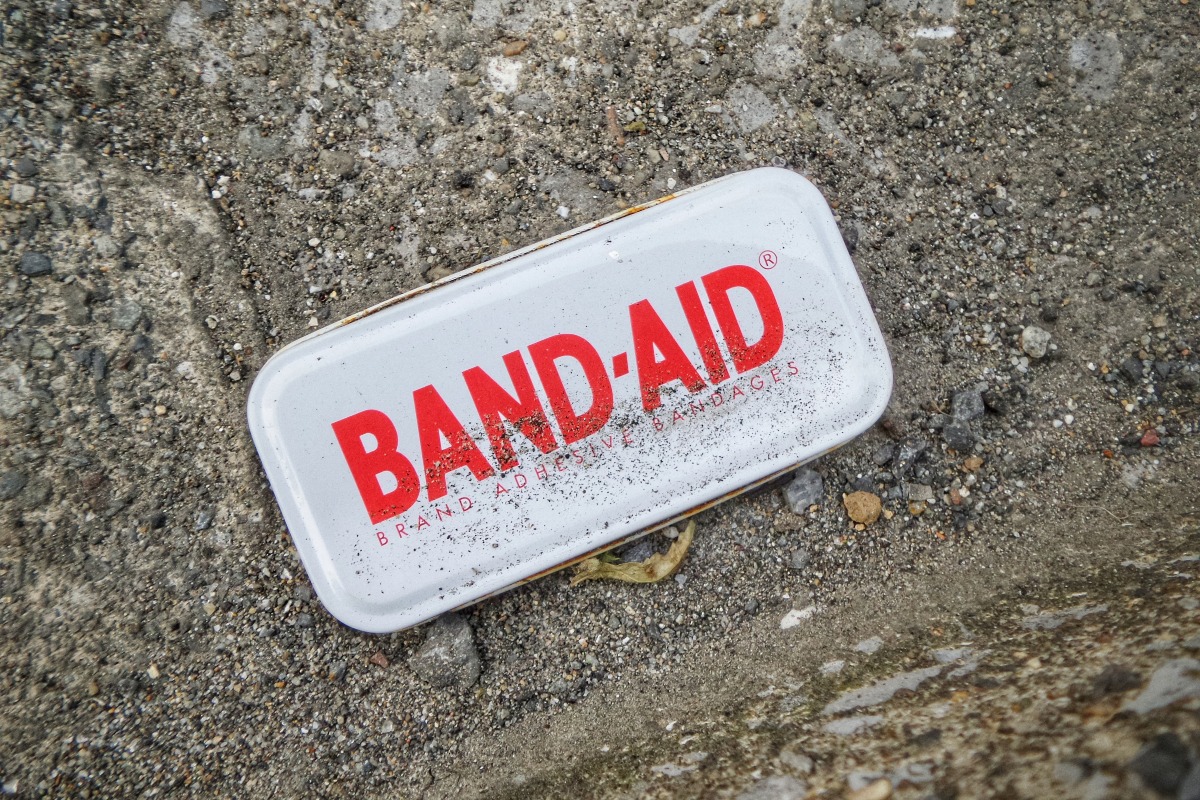
Self-medicating bipolar disorder is a dangerous practice that can lead to a variety of risks. Those with bipolar disorder must take extra care to ensure that a qualified medical professional supervises their treatment protocols. They must also be aware of the dangers that come with self-medication.
While self-medication can seem like a quick fix to manage symptoms, it can ultimately cause more harm than good and can be a considerable risk to an individual’s health and well-being. In this article, we will discuss the risks and dangers of self-medicating bipolar disorder and what steps can be taken to ensure safe and effective treatment.
Physical Health Risks of Self-Medicating Bipolar Disorder
The physical health risks associated with self-medicating bipolar disorder include the following.
Liver Damage
People who abuse alcohol or illegal drugs to treat bipolar disorder may experience liver damage due to these substances being metabolized and processed by the liver. This can lead to a variety of physical health problems, including abdominal pain, swelling, and pain, stomach bleeding, and jaundice.
Heart Damage
Research has linked substance abuse with an increased risk of heart disease. Those who self-medicate with substances that are toxic to the heart, like alcohol and prescription drugs, are at a significantly increased risk of developing heart disease. Heart disease can lead to a host of physical health problems, including heart attack, stroke, arrhythmia, high blood pressure, and heart failure.
Skin Damage
Repeatedly abusing drugs and alcohol can lead to a variety of skin problems, including skin infections, rashes, pimples, and cysts.
Bone Health
Substance abuse can lead to an increased risk for osteoporosis, a degenerative bone disease that can lead to fractures and breaks.
Vision Impairment
Certain drugs, particularly those taken in high doses and for extended periods, can lead to vision impairment, such as blurred or distorted vision.
Weight Gain
The abuse of certain substances can lead to weight gain. This can put people at risk for various health problems, including diabetes and heart disease.
Mental Health Risks of Self-Medicating Bipolar Disorder
The mental health risks associated with untreated bipolar disorder are well-documented. The following are just a few.
Mood Cycling
People with bipolar disorder who attempt to self-treat with mood-altering substances are at an increased risk of cycling between mania and depression.
Increased Chance of Experiencing Psychosis
Those who abuse substances to self-medicate bipolar disorder are at an increased risk of experiencing psychosis, which is a break from reality. Psychosis is characterized by disorganized and delusional thinking, hallucinations, and abnormal perceptual experiences, such as hearing voices.
Increased Risk of Suicide
Suicide is a very real risk for those who self-medicate bipolar disorder. The abuse of substances to self-medicate may be associated with an increased chance of suicide, particularly in the early stages of treatment.
Finding Treatment for Bipolar Disorder
The good news in all of this is that bipolar disorder is treatable. Places like the Guest House can help. There are trained medical professionals who can treat and guide all at the same time. Help is out there.
Self-medicating bipolar disorder can come with significant risks to physical and mental health. Luckily, treatment is available at The Guest House. We have numerous therapeutic tools and a medical team that can help you cope with bipolar disorder on a daily basis. By treating the root of your substance abuse, we can help you find healing. You never have to fight bipolar disorder and substance abuse alone. Call The Guest House at (855) 483-7800 today for more information on our program.